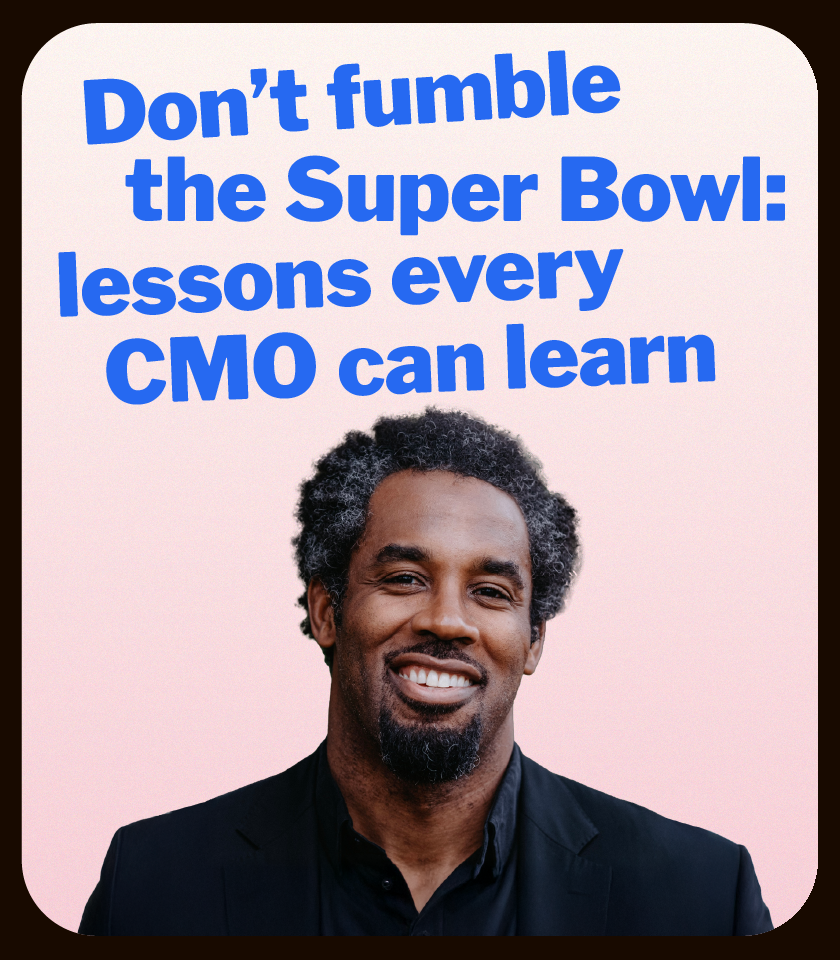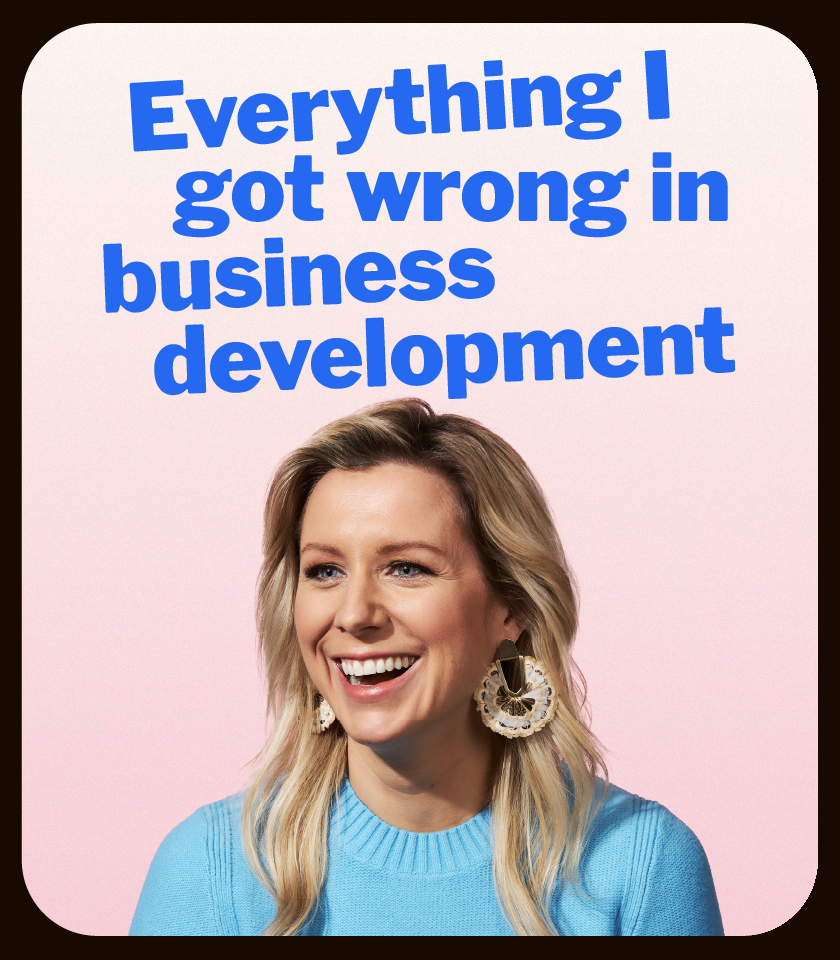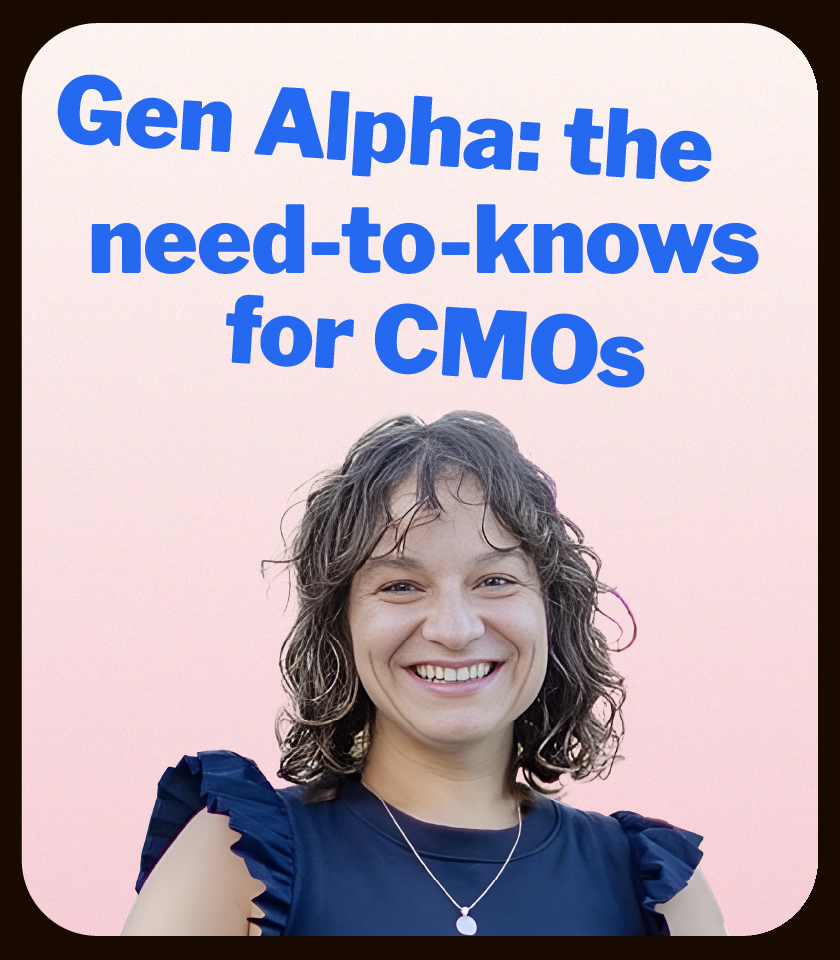While the COVID-19 vaccine might not actually be widely available yet, it’s... everywhere. It is in the news. It is whispered about behind masks on walks. It is on the tongues of healthcare professionals all around the world. It’s unavoidable. We’re all talking about the vaccine, sure, but how will consumers respond when the rollout is fully executed?
As the dreadful year 2020 finally came to a close, many of us hoped someone would wave a magic wand and the world would return to normal. Contrary to our imaginations, I regret to inform you that we will most likely not return to the normal we yearn for in 2021. The first half of the year, Deloitte predicts that consumer spending will be low, as the job market remains weak. There is no doubt consumers are still recovering and still shaken up by the global pandemic.
(I promise there is a light at the end of this tunnel.)
First and foremost, consumers still need time to return to places with large crowds - whether that’s a concert, the bustling streets of New York City, or an all-inclusive cruise. According to a study conducted by Resonate, 52.1% of consumers suggest a vaccine must be widely available in order to feel comfortable at an event with thousands of people—even hundreds. It is highly likely that we will still be relying on masks as a reassurance tool for consumers. According to Mintel research on the future of live events, adults are more likely to say mandatory face masks make them feel safe in a crowd of people compared to receiving a COVID-19 vaccine. Not to mention, consumers have assimilated to the new “at-home” routine and have found new ways of entertainment that they may continue to rely on as an alternative.
Meanwhile, some consumers may feel comfortable to jump back out into the real world after they get the vaccine. This is a shared sentiment among younger millennial and Gen Z consumers—as they like to think of themselves invincible. Mintel predicts that “brands with a young core audience will find their consumers ready to return to pre-pandemic behaviors more quickly than brands with an older consumer base.” Simply put, every individual will come out of their caves they’ve either been enjoying or loathing on their own time. Which probably leaves you wondering, “what the heck am I supposed to do with this information?”
Funny you should ask. In 2021, the most important thing brands can do is offer alternatives. Being that everyone has differing comfort levels, brands need to ensure that there’s an option for everyone—whether that’s maintaining online interactions for those who aren’t comfortable visiting physical locations, or starting to explore safe ways to host in-person events that are deemed safe with social distancing measures and masks. It’s also important that brands maintain this importance of health in their messaging by being that reassuring voice, validating any anxieties, and being an empathetic voice consumers can trust.
But don’t lose hope on never returning to a new normal. Deloitte predicts by the second half of 2021, as more vaccines are distributed, the speed of COVID-19 will slow down. They also predict that by 2022, consumers are likely to start spending more on travel, food services, and entertainment than in previous years. 2021 may or may not be the year you go see your favorite band in concert or go on the extravagant vacation you’ve postponed time and time again. It will, however, be the year progress starts to take place and we recover as a society.








